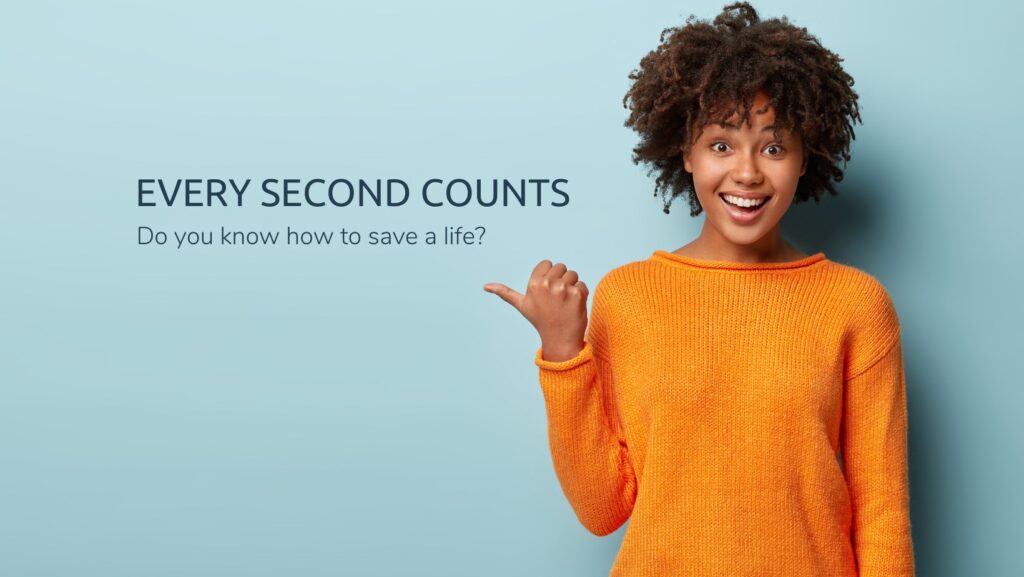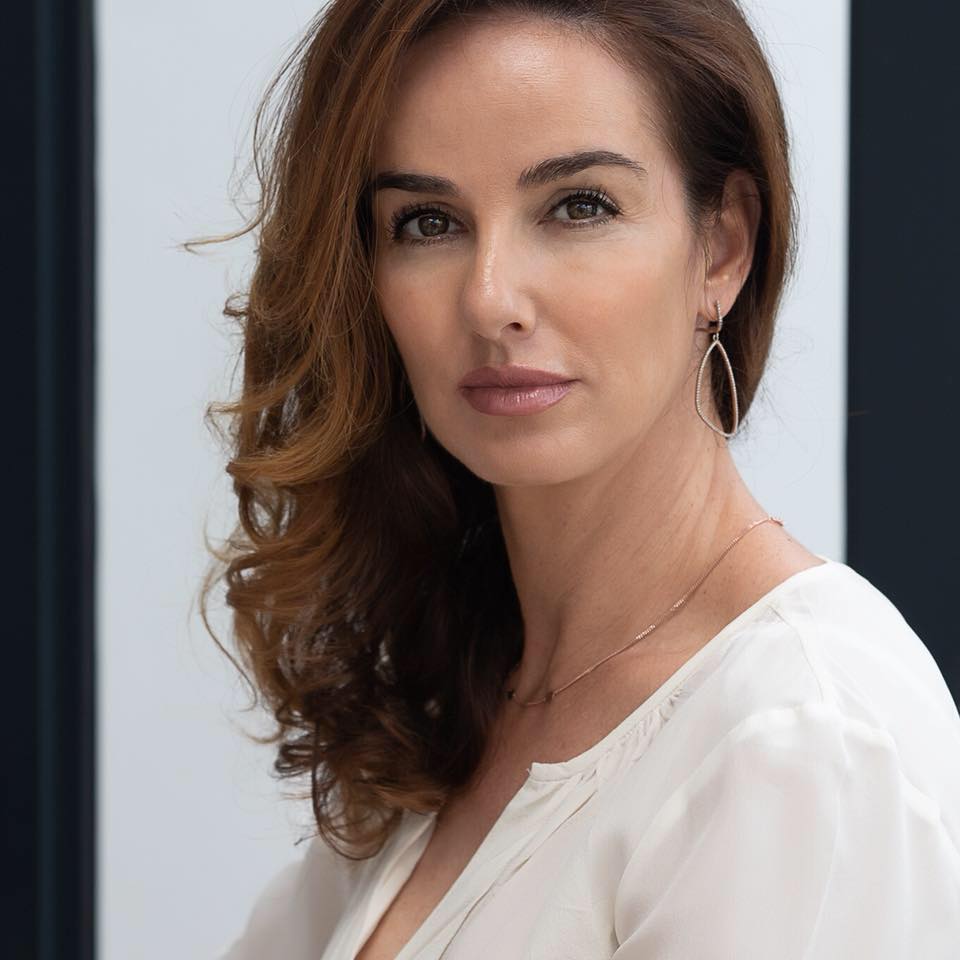
Meet Catherine Rodwell. She started Survival CPR over 20 years ago when she was prompted by relentless experiences with tragedy.
She wanted to make sure that care didn’t “start at the emergency room.”
Here at the Small Business Showcase, we meet badass sheroes like Catherine, who help us feel like everything’s going tibia okay.
Don’t let your work be in vein
Catherine worked in medivacs and trauma units and dealt with a daily slew of disaster. From burnt babies to children who had drowned to cases where a child’s febrile convulsion (a convulsion caused by a fever) left them worse off than was ever necessary. All because mom or dad didn’t know how to react.
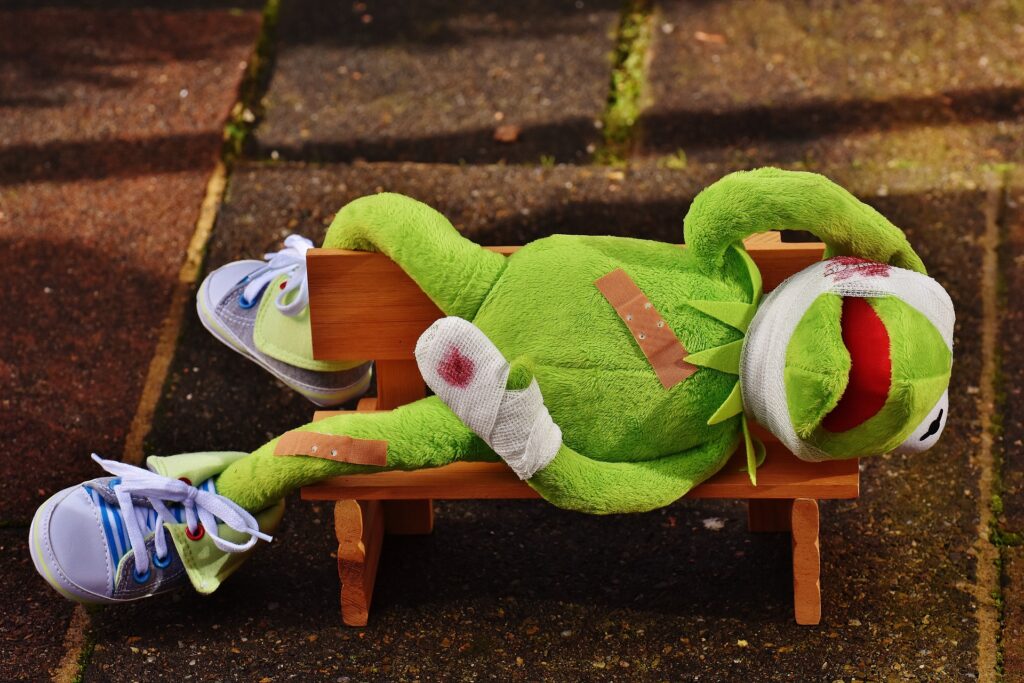
“Doing what I was doing, I learnt so much about how little people know,” says Catherine, “As a nurse, you start to think these things are common knowledge. And they’re not.”
We have tears in our eyes as Catherine describes these unthinkable tragedies.
She goes on to point out that the first 45 minutes of an emergency – the most impactful time – “are in a layperson’s hands (a mom, a dad, a teacher, a nanny, a colleague).”
“And people have no idea what to do.”
Would you know what to do if your child had a febrile convulsion? Or if your colleague stopped breathing?
We’re guessing your answer is a scared “no”, like ours was.
But there’s hope.
Antibody can arm themselves with knowledge
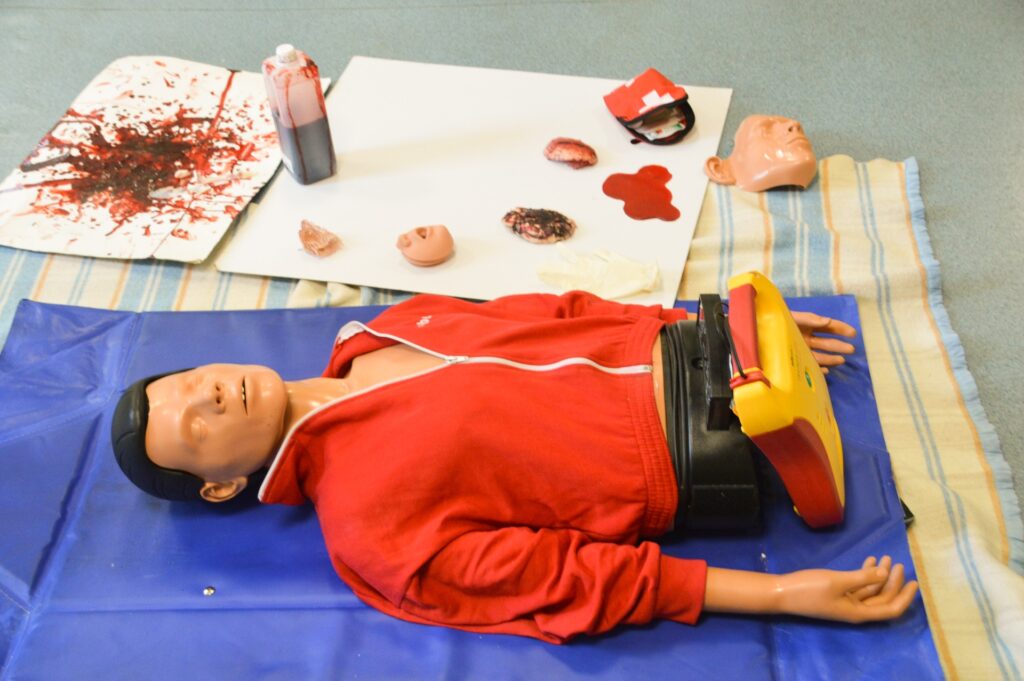
We chat with Catherine about Survival CPR’s trainees. They’re a huge variety of people from pregnant and/or new parents to teachers to dentists to OTs to children (who she says love the courses) to pharmacists.
The list goes on. Anyone can do the CPR and first aid course. And everyone will benefit from it.
And Catherine reassures us: “My CPR is going to be as good as your CPR.”
But Survival CPR’s training isn’t only about those big three letters. There are many emergencies which, although they’re scary in the moment, don’t have to be life-threatening.
Catherine has little patients for avoidable tragedy – so should you
A “convulsion, for example, shouldn’tbe life-threatening,” says Catherine. She goes on to explain that if a colleague has a convulsion and you leave them lying on their back afterwards while you wait for an ambulance, “you’re in trouble.”
Why?
“His airways are occluded [and] he’s not awake enough to know that he can’t breathe” properly in that position. That’s where you come in. Putting your colleague into the recovery position can make the difference between a full recovery – or brain damage.
All vital signs point to success
About four years ago, Catherine decided it was time for Survival CPR to expand their services. The team was already making a huge impact literally saving lives but Catherine wanted to do more.
(And after meeting her, we wouldn’t put it plaster to become the next president; she’s that badass).
Catherine saw the demand for, and lack of, better quality care; Survival CPR started training people to become caregivers.
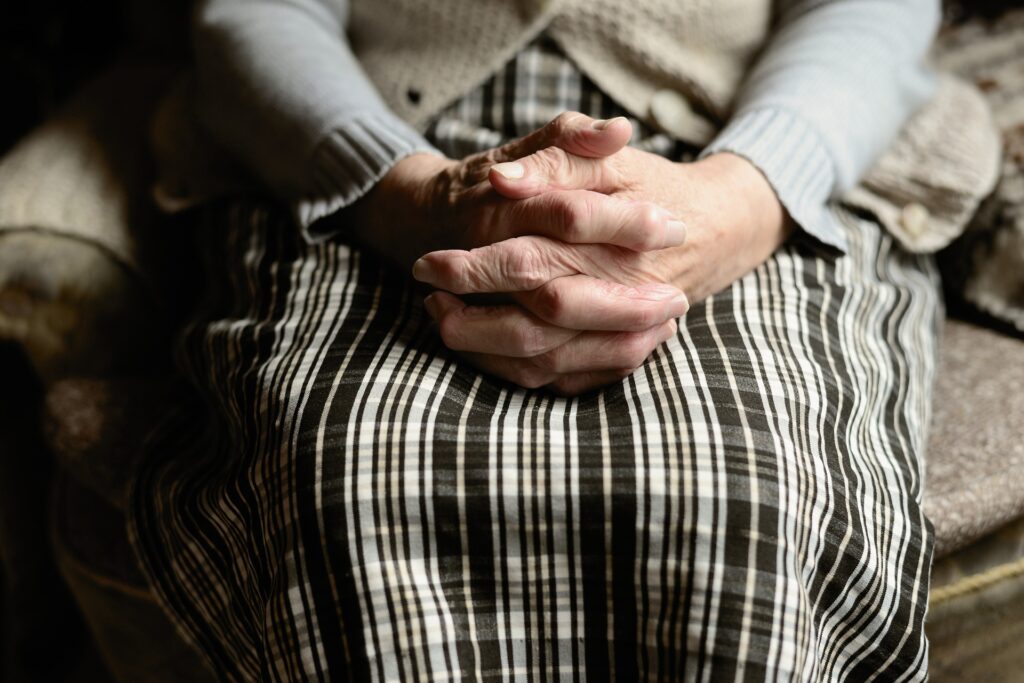
We’re teary-eyed again when Catherine talks about how people “haven’t been able to prepare properly for their old age” and how the level of caregiving has deteriorated in this country. It reminded us of the Carte Blanche exposé of abuse at care centres for the elderly over a decade ago. Which continues to happen nationwide according to Catherine. And according to Carte Blanche.
Rather than watch on and deplore the state of care in SA, Survival CPR is doing something about it. “I believe we are really changing, in our small way, the face of caregiving in this country,” says Catherine. And with nearly a thousand professional and highly-qualified caregivers to date, we agree.
“We want people to be caregivers because they really care,” says Catherine. Survival CPR’s courses are thorough and the students are taught as if “they’re in a hospital.” After the students train for 9 weeks, they do a practical module at one of the care homes Survival CPR partners with.
Btw, these homes usually snap up the students because of how professional and (get this!) how caring they are.
Want to know what to do in an emergency? Visit: Survival CPR.
PS Know someone caring enough to become a caregiver? Love the sound of Catherine and her mission to save lives? Don’t forget to share this Small Business Showcase article far and wide:
